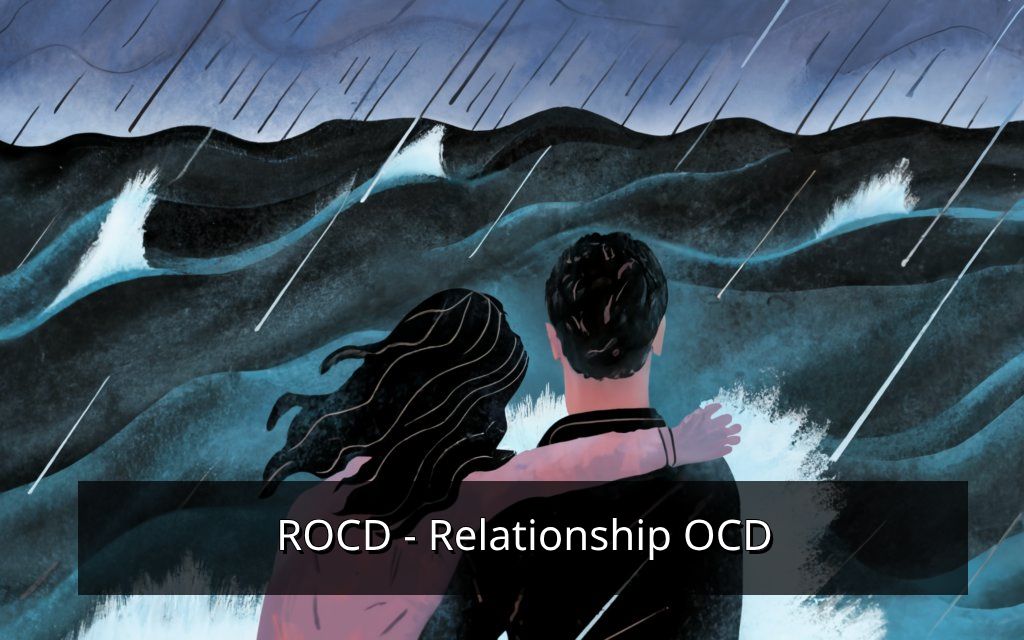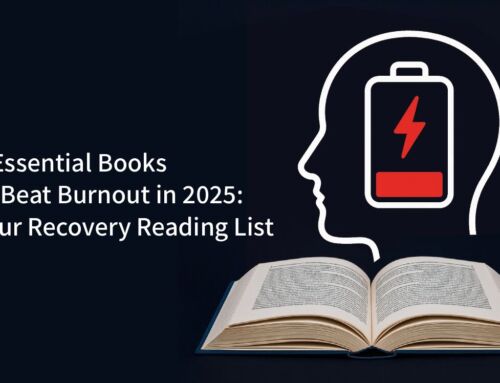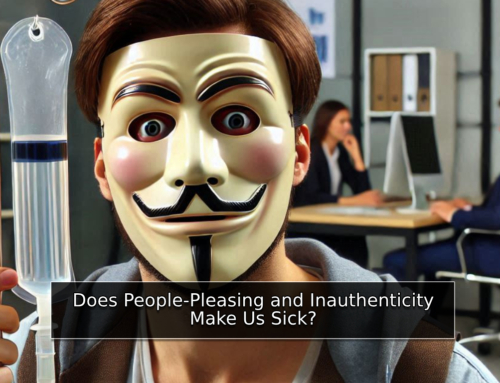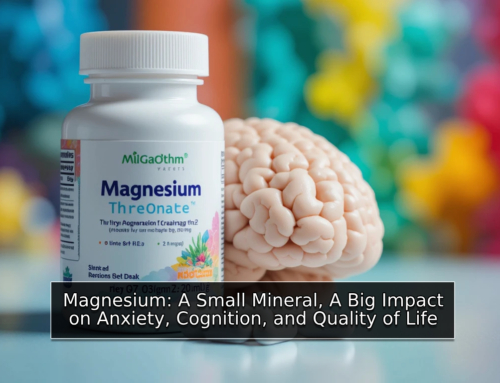ROCD – Relationship OCD
Introduction to ROCD
Imagine being in a loving, supportive relationship, yet constantly doubting your feelings and your partner. This is the reality for those living with Relationship Obsessive-Compulsive Disorder (ROCD). While not officially recognized in the DSM-5, ROCD is a form of OCD that can significantly impact one’s life and relationships.
What is ROCD?
ROCD involves persistent, unwanted thoughts about your relationship. These intrusive thoughts can lead to compulsive behaviors, such as constantly seeking reassurance or testing your feelings. This can leave you feeling anxious, frustrated, and exhausted, while your partner may feel confused and helpless.
Although having ROCD can feel overwhelming, learning as much as you can about this mental health condition can help you cope with the symptoms.
Common Symptoms of ROCD
People with ROCD might experience:
- Intrusive Thoughts: Constantly questioning your partner’s feelings for you or your feelings for them.
- Compulsive Behaviors: Seeking reassurance, avoiding situations that trigger doubts, and constantly testing your feelings.
- Impact on Daily Life: These thoughts and behaviors can interfere with daily activities and overall well-being.
Causes and Triggers of ROCD
The exact cause of ROCD is unclear, but it often surfaces in individuals with undiagnosed OCD. Triggers can include significant life decisions, such as getting engaged or having children, and even everyday interactions with your partner.
Treatment Options for ROCD
Because ROCD is considered a theme in obsessive-compulsive disorder, OCD treatments can help, including:
- Cognitive Behavioral Therapy (CBT): Involves finding techniques to change how you think and behave.
- Exposure and Response Prevention (ERP): Focuses on slowly exposing yourself to situations that start obsessions while resisting the urge to perform compulsions. Over time, this can lessen anxiety and gradually reduce ROCD symptoms.
- Acceptance and Commitment Therapy (ACT): Helps you accept your thoughts and feelings rather than fighting them, and commit to actions that align with your values.
Communicating with Your Partner
It might also help to talk with your partner so they understand what you’re going through. Open and honest communication can help ease their worries and give them the ability to create a safe space for you within the relationship. It’s also important to balance your needs with those of your partner and seek professional help if the impact on your relationship becomes overwhelming.
When to Involve a Psychiatrist
If you find that your symptoms are so overwhelming that you cannot commit to your therapy process, it is a good time to consult a psychiatrist. A psychiatrist can provide a comprehensive evaluation and recommend appropriate treatment options, including medication and therapy.
ROCD – Conclusion
If you think you might have ROCD, know that your symptoms are real and manageable. Seeking help from a mental health professional can provide a path to relief and more security in your relationships. Remember, you’re not alone, and support is available.
Contact now
Ready to take the first step towards positive change? Contact me now for more information and to schedule an appointment. Whether you prefer in-person sessions in Tel Aviv or virtual meetings via Zoom, my integrated approach of Cognitive Behavioral Therapy (CBT) and Acceptance and Commitment Therapy (ACT) can help you break free from struggles and find greater fulfillment in life. I'll be sure to get back to you as soon as possible. Let's embark on this transformative journey together!
Call Whatsapp 052-2325511
Or fill out the following form.
Can ACT and CBT assist you or your loved ones?
Welcome to my therapy practice, where I offer a powerful combination of Cognitive Behavioral Therapy (CBT) and Acceptance and Commitment Therapy (ACT) techniques. CBT is a goal-oriented, short-term approach that's highly effective for anxiety, depression, low self-confidence, and more. ACT complements CBT, helping you navigate life's challenges and find fulfillment and authentic, happier life.
If you're struggling with anxiety, depression, low self-image, or facing setbacks, CBT combined with ACT may be the key to transforming your life. Break free from the struggle and take a step towards a happier, more fulfilling life.
Contact me today to schedule an appointment and embark on your journey of positive change. You don't have to face it alone; I'm here to support you every step of the way. Let's work together to create the life you deserve!





